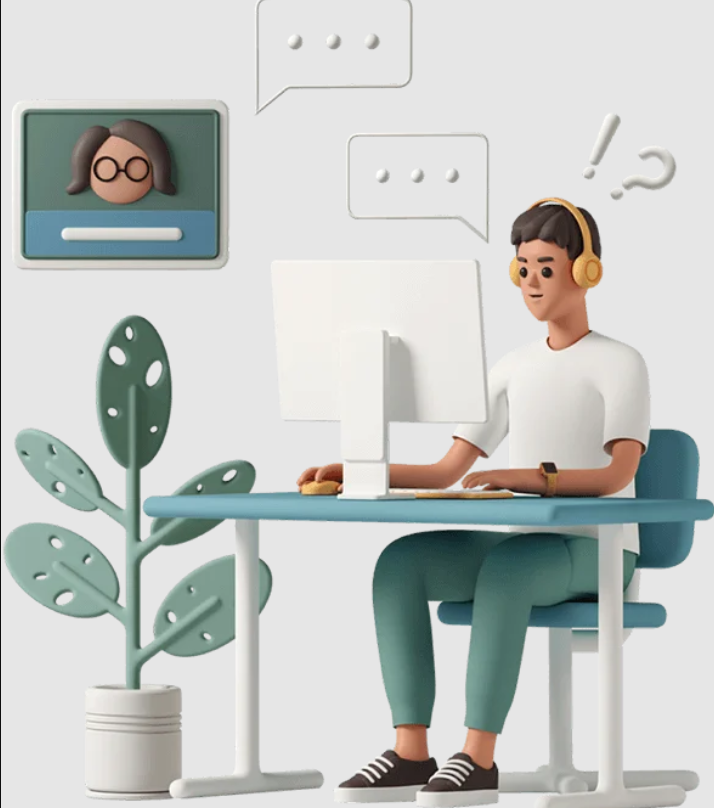WHY GRADUATE AND POST GRADUATE SHOULD LEARN?
Graduates and postgraduates should learn Arabic to boost career opportunities in global business, diplomacy, and research. It opens doors to a geopolitically important region, provides access to original academic resources, and enhances critical thinking skills. Knowing Arabic gives a competitive edge in the job market and enriches cultural understanding.
Professionals should learn Arabic to expand career opportunities in international business, diplomacy, and global markets. It helps build stronger relationships with Arabic-speaking clients and partners, enhances cultural competence, and provides an edge in competitive industries. Additionally, Arabic skills open doors to roles in government, security, media, and academia focused on the Middle East and North Africa.
